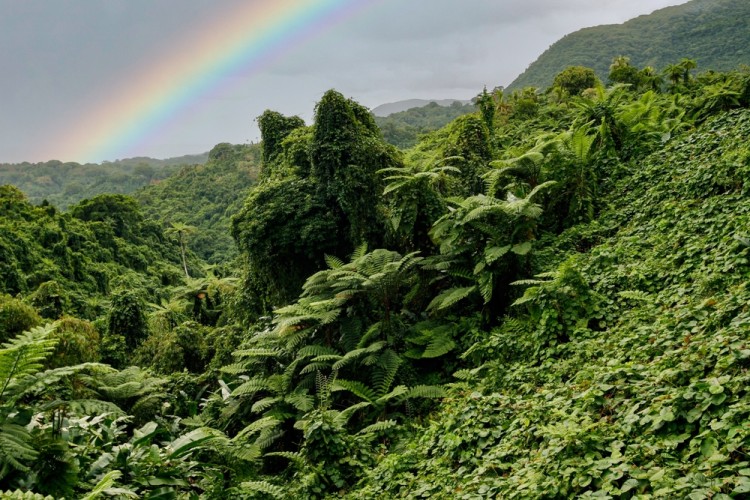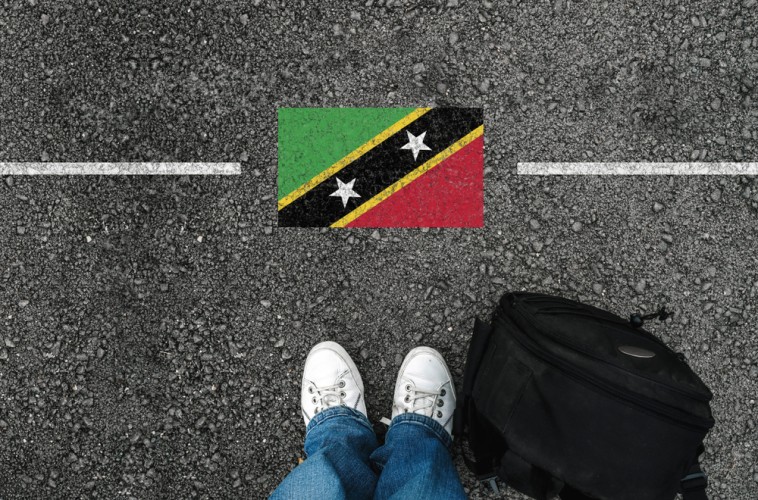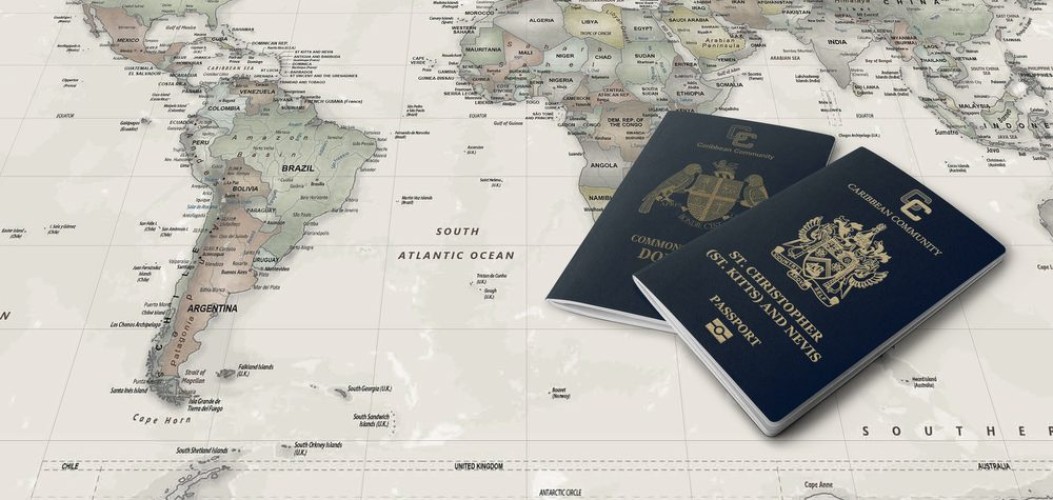A substantial contribution to the country’s economy is a prerequisite for the conferral of citizenship by investment. A specific amount must be contributed to a local business, bank, or even the state budget in this case.
It opens numerous opportunities, including the right to enter and leave a country freely, to live and work there permanently, to engage in business activities, and to participate in political life. Today, we will examine the process of obtaining local citizenship of Nauru, the associated costs, and the shadows that may arise.
About Nauru
Nauru is the smallest country on the planet, with only two others beating it: Vatican and Monaco. It’s situated on the coral island of the same name in the Pacific Ocean and covers just 21 square kilometers.
The country became independent on 31 January 1968. And it didn’t miss its chance to make the most of this, so two years later the government bought the assets of the British Phosphate Commission for over $20 million. From then on, the country enjoyed its golden period, as the price of a ton of phosphate ore rose from $10 to $65.
For a while, the Republic even managed to maintain its wealth and was able to reach a decent standard of living. But things took a turn for the worse not long after – resource reserves dried up and the country’s economy began to steadily collapse.
You can learn more about what exactly led to the crisis here. The topic is complex, and there’s no one-size-fits-all answer, but this source has a good overview of what’s happened. The place doesn’t even have its own capital city. Actually, it’s Yaren, yet there’s no legal backing for it. In fact, Yaren can be considered the only semblance of a town, since it’s customary here to divide the territory by districts. Not in another way.
Anyhow, life here is pretty unique. In both good and bad ways. For instance, there’s only a limited supply of natural freshwater, so one needs to make an effort to conserve it. It’s also worth noting that there’s a risk of tropical fever. Seafood and fish are generally considered safe here, but it’s still recommended to process them carefully before eating. Finally, there are several varieties of sharks and many poisonous creatures in the waters around the islands. As for the positives, it’s the stunning and ever-warm weather.
This makes it difficult to find tenants and makes it unprofitable for landlords as well, so the optimal choice for accommodation is one’s own real estate.
Eligibility and requirements
The state has an interesting history of providing the possibility to gain the passport for investments. Thus, Nauru once had a resembling program. In 2002, be the most precise.
At that time, the state achieved the sale of almost a thousand passports, which represents a noteworthy accomplishment in a country with a population of 10,000 individuals (the current figure is slightly higher, remaining at 12,000).
However, the program was subsequently closed due to difficulties encountered during the verification process. This was followed by a period of silence until recently, when the government was able to re-establish a similar initiative: in November 2024, there was active discussion, both public and behind the scenes, about the imminent introduction of a new system that would allow accession to the country in exchange for investment:
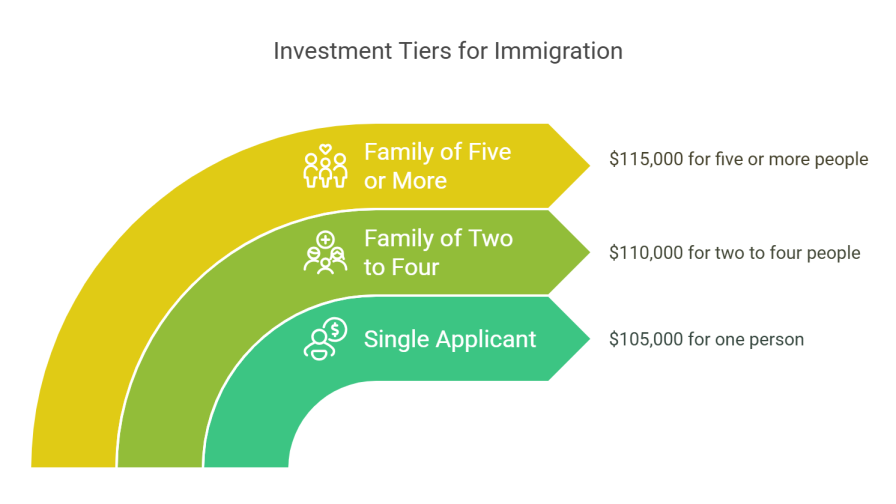
- $105,000 – if the applicant is single;
- $110,000 – if the family consists of two (maximum of four) people;
- $115,000 – if the family consists of five or more people.
Among other things, a fee will also have to be paid.
The fee is $25,000 if the applicant is alone, $27,500 if there are two to four people, and $30,000 if there are five or more. Should be noted that the cost may increase further, but strictly proportionally: by $15,000 for each subsequent family member.
One will also have to pay a fee for the passport itself. It amounts to $500. The above numbers, however, mean that Nauru still offers the lowest price for direct citizenship among all official similar programs around the world.
Investment options
The Nauru Economic and Climate Resilience Citizenship Program offers successful applicants the opportunity to secure a second citizenship while supporting the island’s sustainable development through a financial contribution. There is only one way to become a citizen through investment – investment in a climate fund.
Benefits of Nauru citizenship
Perhaps the main advantage of the Republic passport is the speed of processing – it typically takes just four months to complete. But the status can also offer far more fundamental benefits, like a neutral passport for travel, which can offer some protection in times of global instability.
Sure thing, this passport is still not a record-breaker: with it you can access more than 90 countries around the world, which, while it may sound impressive, accounts for just 19% of the world’s GDP. The positive side is open to destinations such as the UK, Israel, South Korea and others.
There is a more altruistic side to the issue, which nevertheless still has the potential to concern many. Thus, by obtaining status through investment, one is contributing to the climate problem in the South Pacific, where small island states like Nauru are facing rising sea levels and consequent loss of biodiversity.
Legal framework and dual citizenship
The Constitution, which was adopted at the time of independence, serves to regulate the status of citizenship. In accordance with it, a *citizen* is defined as an individual who was geographically situated within the same territory before 30 January 1968.
But there have been attempts to limit it. For example, in 2008, when David Adeang, a Speaker of Parliament, called an extraordinary session on the issue. However, he didn’t notify the members of the government, so most of them were simply absent. But the opposition was present. And they passed a resolution banning other members of parliament from holding dual nationality.
Soon enough, however, the Government legitimately challenged the legality of the resolution, claiming a violation of the quorum required by the Constitution, and everything fell into place. Since then, the right to dual and multi-citizenship has been available to everyone: ordinary people, as well as to government and official bodies.
Application process
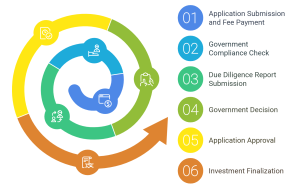 Typically, the process of applying for a document through investments is as follows:
Typically, the process of applying for a document through investments is as follows:
- An application is made and a fee is paid. The Government will conduct a thorough check to ensure legal compliance.
- A due diligence report is given to the government. Based on the report, the government makes a decision.
- After passing the due diligence check, the application is approved. At this stage, the investment needs to be finalized.
- After the investment is confirmed, the certificate of registration, citizenship and the actual document is issued. The remaining fees are paid at this stage, completing the process.
Given the fact that it is common for people to realize such needs through law firms, understanding and following the above steps shouldn’t be a problem. But this very law firm must be good – preferably, it should have a background in the field of obtaining national documents of various kinds.
FAQ
That in some senses the Nauruan’s have an offbeat approach to things. Like tipping, for example. However strange, it’s not encouraged here.
Bargaining also won’t meet with understanding here. In any matters. Another notable observation is that the districts (there are no towns as such) within the country have not established specific codes. Additionally, there are only two direct flights per week from Melbourne.
Actually, it was. However, at one point the authorities decided to diversify the economy, realizing that the reserves of minerals, which led them to wealth, are running out. Then the government turned to offshore banking, licensing over 300 foreign businesses.
Back then, it wasn’t even necessary to come to the island, nor was it necessary to provide any special documentation. Seeing that the state was becoming a tax avoidance hub, in 1999 the U.S. banned dollar transactions with the country, calling it a money laundering center used by criminals.
Nauru then became mired in debt and its economy began to collapse at an alarming rate.
However, now everything is gradually on the mend, and the government is trying to restore the former prosperity, yet now in completely legal ways. For example, through external support; through subjects who wanted to obtain the passport with their investments.
It should be noted that investment is not the only option available. A child, for instance, can obtain the status as well – due to the birth on the territory of a state.
There is also a route through marriage. If a foreign woman marries a Nauruan, she is eligible to apply for nationality. Finally, this can be done through naturalization. Parliament can even act alone to grant status to an ineligible person. But this is an exception to the rule rather than the rule itself.



